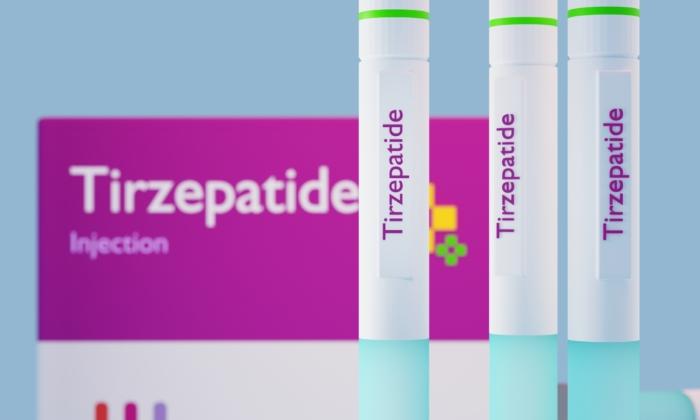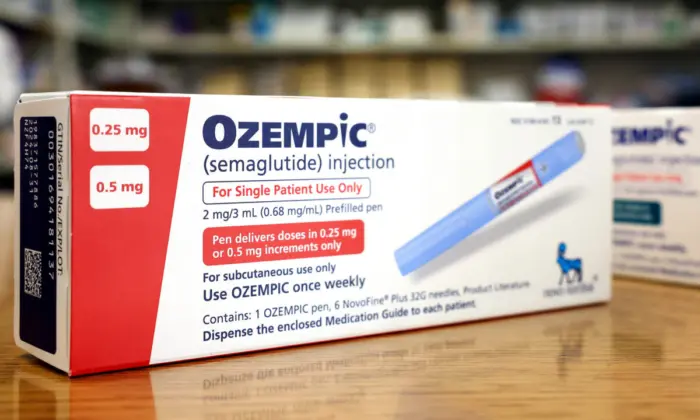Amidst the relentless pursuit to combat obesity, a recent study has emerged, shedding light on pills that could offer a convenient solution to address this epidemic. By introducing an oral alternative to the currently available injections, this development may provide millions of individuals with a more accessible means of managing their weight.
‘Comparable’ to Wegovy
“We are very pleased with the weight loss demonstrated by the once-daily oral formulation of semaglutide in obesity,” Martin Holst Lange, executive vice president for development at Novo Nordisk, said in a statement, adding that the results are “comparable” to Wegovy.The active substance in the new pill, semaglutide, harnesses the power of a hormone that plays a vital role in regulating our metabolism and hunger. Semaglutide is the same active substance found in the widely sought-after Wegovy and Ozempic.
In the trial, it was discovered that adults who took the daily oral semaglutide of 50 mg experienced a remarkable weight loss of 15.1 percent. Moreover, for those who diligently followed the treatment, the weight loss reached 17.4 percent. This trial spanned 68 weeks and included 667 participants who were obese or overweight and had one or more associated health conditions.
Approval and availability of oral semaglutide may take a few years as more rigorous clinical trials to ensure its safety and effectiveness will be needed. These trials involve testing the drug on a large number of participants and evaluating its benefits and potential side effects.
Pfizer’s Danuglipron
Just like semaglutide, danuglipron falls into the family of drugs known as GLP-1 agonists, which play a role in regulating metabolism and hunger.Pfizer’s oral obesity drug, danuglipron, has shown promising potential in significantly improving patients’ blood sugar levels and reducing their body weight. The study involved 411 participants who were administered either a placebo or varying dosages of danuglipron (2.5 mg, 10 mg, 40 mg, 80 mg, and 120 mg) twice daily for a duration of 16 weeks.
The study revealed that by week 16, patients in all danuglipron groups experienced noteworthy improvements in their blood sugar levels, regardless of the dosage received. However, when it came to weight reduction, statistically significant results were observed only in the 80 mg and 120 mg groups, in comparison to the placebo.
The proportion of participants in the danuglipron group who achieved clinically meaningful weight loss, i.e., of 5 percent or more of body weight, was increased with the increase in dosage.
Despite Promising Weight Loss Effect, Concerns Surround Both Drugs
In the pursuit of effective weight loss solutions, the side effects and working mechanisms of GLP-1 agonist drugs have raised concerns.Pfizer’s danuglipron saw approximately 14 percent of participants discontinue the trial due to adverse events, including nausea, diarrhea, and vomiting. These were the most frequently reported side effects, mostly classified as mild or moderate. The reported adverse events followed a consistent pattern, with a higher proportion of participants experiencing them in the danuglipron groups compared to the placebo.
Another concern is the potential for rapid weight regain in patients after discontinuing the medication.
No similar study has been conducted specifically on the oral versions of these drugs.
As these drugs primarily work by suppressing appetite to reduce calorie intake rather than by promoting fat burning, there is a potential risk of muscle loss or the development of eating disorders. Both of these outcomes can have serious consequences for patients.





